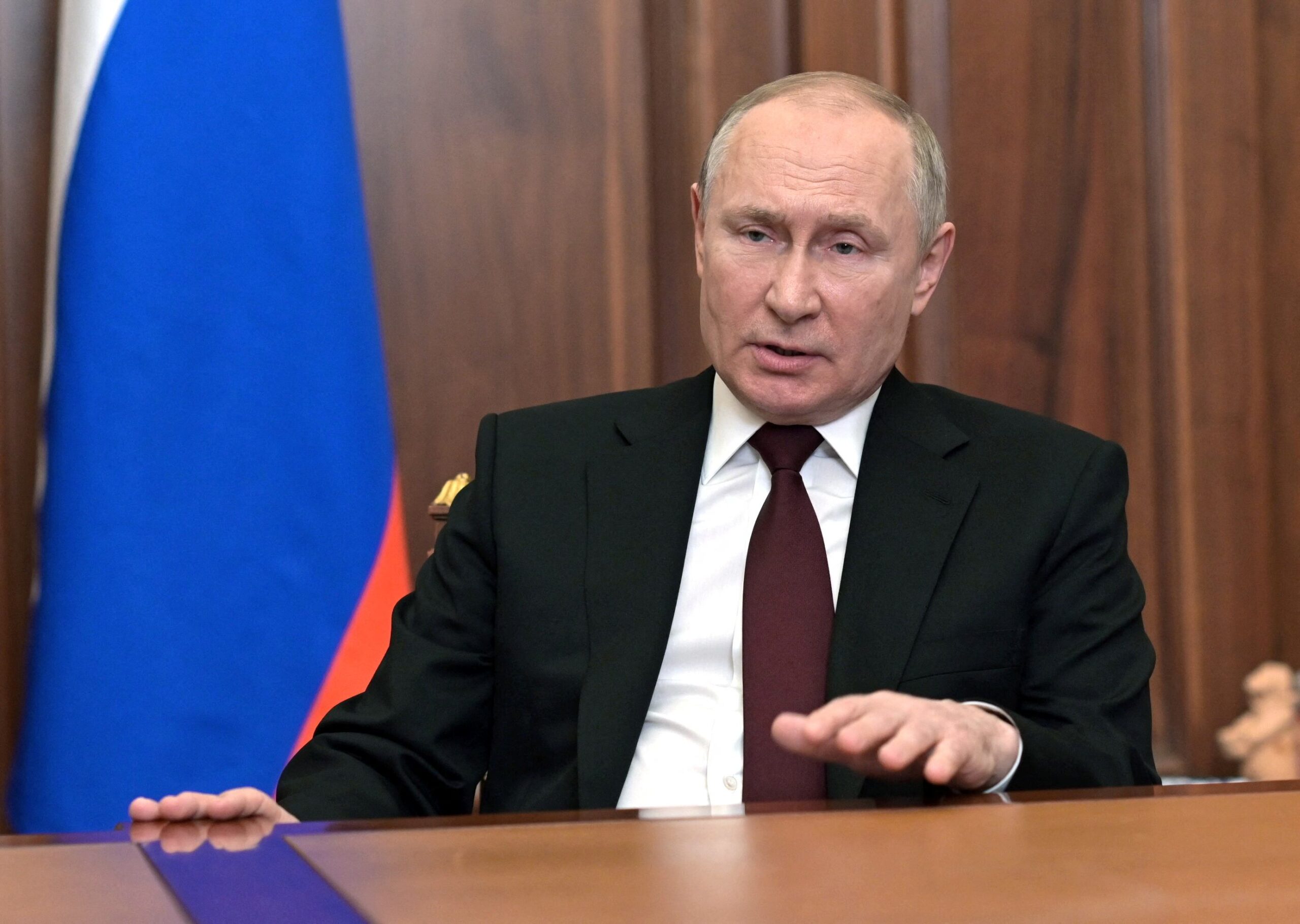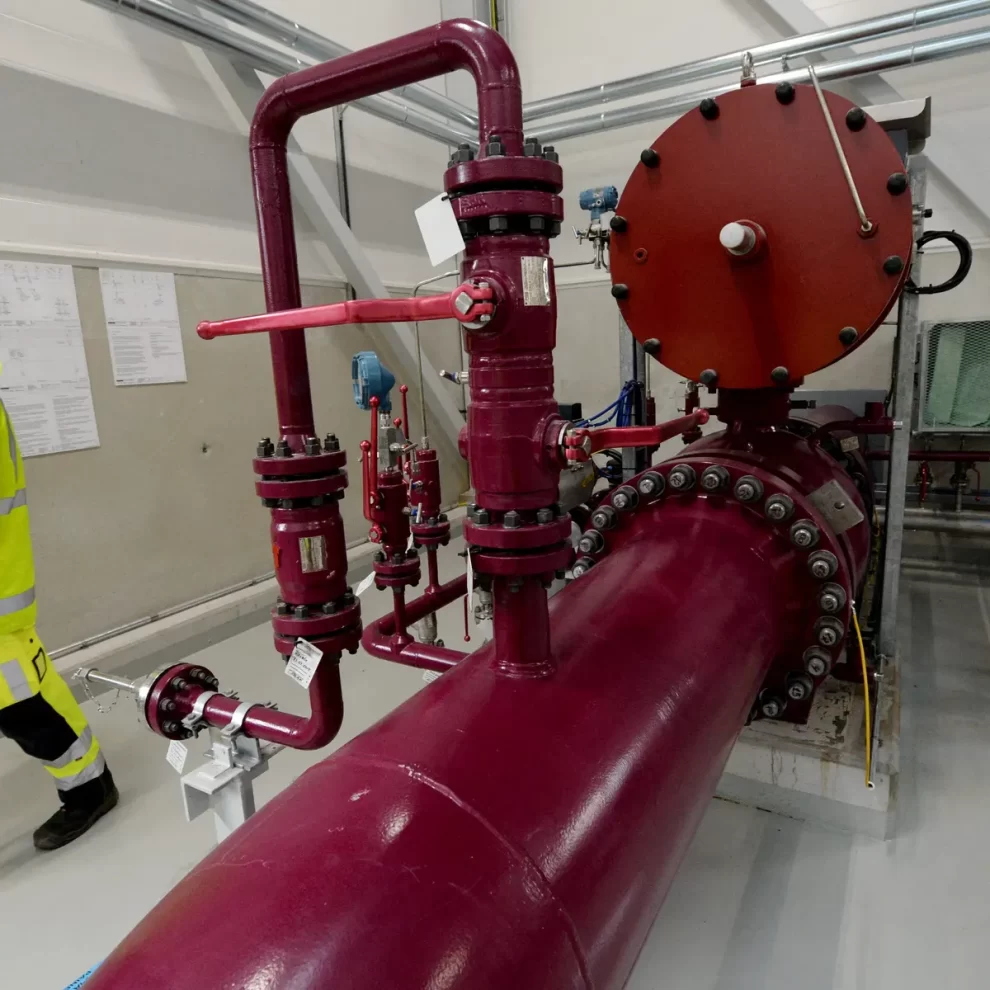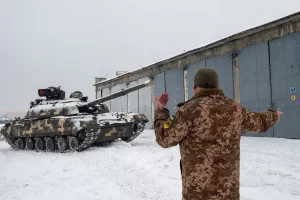Finland has said it cannot exclude the possibility that a “state actor” was behind damage to a gas pipeline under the Baltic Sea, amid what its national security intelligence service called “significantly deteriorated” relations with Russia.
The US secretary of state, Antony Blinken, said on Thursday the US would support Finland and Estonia as they probed the damage to the Balticconnector pipeline and parallel Estlink telecommunications cable between the two countries.
“We stand with Nato allies Finland and Estonia as they investigate damage to undersea infrastructure in the Baltic Sea,” Blinken said on X, formerly Twitter, as Nato defence ministers were being briefed on the incident in Brussels.
Helsinki confirmed the damage, without specifying any details, on Tuesday after one of the pipeline’s two operators, Finland’s Gasgrid, said it had shut it down after registering a sudden drop in pressure shortly before 2am on Sunday.
“Involvement of a state actor in this job cannot be ruled out,” the director of the security intelligence service (Supo), Antti Pelttari, said on Thursday. “Who is behind this is a matter for the preliminary investigation. We do not comment in more detail.”
The rupture, which came almost exactly a year after a series of explosions burst three of the four Nord Stream pipelines that carried Russian gas to western Europe, has prompted renewed concern over regional energy security and pushed up gas prices.
Finnish investigators said on Wednesday that they had found marks on the seabed at the scene of the damage, which they had reason to suspect was caused by “an external force” that “appears to have been mechanical, not an explosion”.
They said the investigation was in its “very early technical stages” and would take several days to complete. Maritime traffic in the busy Gulf of Finland in the hours before the incident was being carefully reviewed, they said.
Speaking in Brussels, the Finnish defence minister, Antti Häkkänen, said he hoped to be able to share evidence from the investigation within one or two weeks. Such incidents were “really hard to attribute … and find that foolproof evidence”, he said.
“I think in this case, what happened now in the Baltic Sea, we have to do the conclusions much faster than on Nord Stream,” Häkkänen told AFP. “It’s too early to draw some more conclusions. But we have to be prepared. We don’t know what is the external action.”
Finland joined Nato earlier this year after abandoning its longstanding policy of non-alignment in the wake of Russia’s war on Ukraine. Häkkänen declined to speculate whether the incident could trigger the alliance’s article five collective defence clause if Russia was shown to be implicated.
Estonia’s defence minister, Hanno Pevkur, said the security of undersea infrastructure was “one of the most acute topics at the moment for Estonia and Finland”, adding: “We are not speculating at the moment about any cause.”
Nato’s secretary general, Jens Stoltenberg, said on Wednesday that if the damage to the Balticconnector was “proven to be an attack on Nato critical infrastructure … it will be met by a united and determined response from Nato”.
Balticconnector’s operators have said it will take at least five months to repair the pipeline and it is unlikely to come on stream again until April 2024 at the earliest. Finland relies on gas for about 5% of its energy supplies.
In a national security overview published on Thursday, Supo said relations between Finland and Russia had “significantly deteriorated, with Russia prepared to take measures against Finland if it deems this necessary”.
After its invasion of Ukraine, international sanctions and Finland’s Nato membership, Russia was “currently treating Finland as a hostile country”, the agency said, and would consequently “determine its own measures”.
Supo said the threat to Finland’s critical infrastructure had increased, but a “crippling effect” remained unlikely. However, “marine infrastructure remains more vulnerable than land-based installations”, it said.
Finnish media have said at least one Russian-flagged vessel was near the 48-mile (77km) pipeline at about the time of the rupture and a Russian hydrographic survey vessel had visited the site three times during the summer.
Source: The Guardian




































